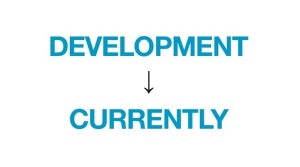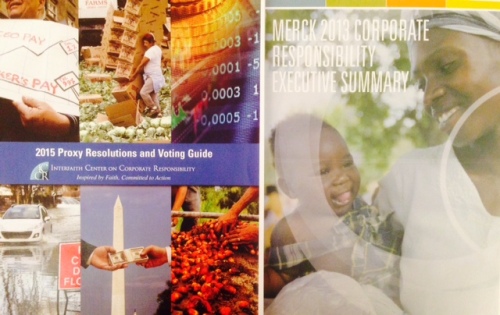 In Part 1 of this blog post, the focus was on the use of dialogue between investors and corporates to engage on environmental, social and governance (ESG) issues. A framework for this engagement proposed by Fabrizio Ferraro (IESE) and Daniel Beunza (LSE) was discussed, in addition to the way in which it might possibly be extended to other actors in the investment community, including fund managers.
In Part 1 of this blog post, the focus was on the use of dialogue between investors and corporates to engage on environmental, social and governance (ESG) issues. A framework for this engagement proposed by Fabrizio Ferraro (IESE) and Daniel Beunza (LSE) was discussed, in addition to the way in which it might possibly be extended to other actors in the investment community, including fund managers.
How can this framework be harnessed and utilised by non-investors? Part 2 of this blog post takes a closer look at aligning the actions of investors and non-investor activists in interacting with corporates. Further, the use of dialogue by groups such as ShareAction, Fairtrade and Oxfam as part of ESG engagement is analysed. Ultimately, further collaboration between end investors, fund managers, civil society organisations (CSOs) and individuals will enable greater awareness and integration of ESG considerations by investors and corporates.
Continue reading “Talk isn’t cheap: Engaging corporates on ESG issues (Part 2)”

